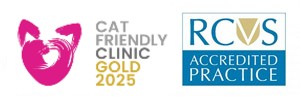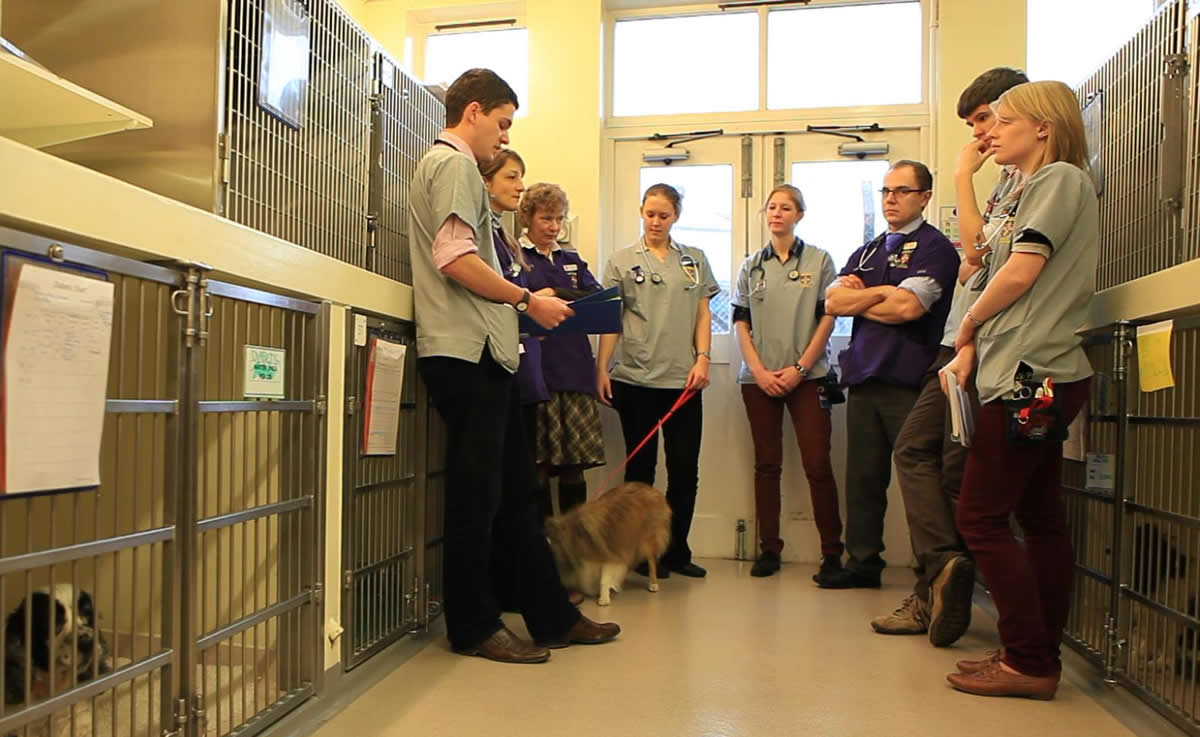Inpatient Overnight Care Policy
Diagnosis and treatment of conditions will often require admission to our wards and overnight care. One or more Duty Intern is present continuously in the hospital overnight, alongside a dedicated Registered Veterinary Nurse and Veterinary Care Assistant for the out-of-hours care needs of our patients. Students are present intermittently throughout the academic year for learning opportunities, and to extend their contact within a clinical setting. Duty Residents in medicine, surgery and anaesthesia are responsible for approving any changes to our patient care plans during the overnight period. On-call Senior Clinicians in medicine, surgery, neurology, diagnostic imaging, anaesthesia and pathology are available for consultation if the duty residents need advice or support.
Regular observation/monitoring checks of all our patients is carried out during the night, the frequency depends on the clinical needs of our patients. Intern and Registered Veterinary Nurse ensure all medications and nursing procedures are carried out at times indicated on Nursing Day Sheets (nursing plans) and Medication Sheets. Our Critical Care patients are supervised at a level indicated in their care plans. In the event this requires continuous one on one care, staffing will be organised to accommodate this without impacting the level of care to our other inpatients.
The hospital has a wide variety of different food, but if your pet is on a special type of diet, it may be beneficial to bring a small amount with you should your pet need to stay at the hospital. Unfortunately we are unable to accommodate raw diets dues to the high contamination risk.
Your pet will be cared for by various staff including:
Interns – MRCVS Qualified Veterinary Surgeons, with at least one year’s experience in a UK primary care practice, who have embarked on a Junior Clinical Training Scholar course with a view to progressing to a Senior Clinical Training Scholarship in their chosen speciality.
Resident – MRCVS Qualified Veterinary Surgeons, usually with two or more years’ experience, who have embarked on a Senior Clinical Training Scholarship to become a specialist in their chosen discipline.
Senior Clinician – MRCVS Qualified Veterinary Surgeons who have completed advanced training in the discipline, and who are Specialists or eligible to register as a Specialist.
Nursing Staff – RCVS Registered Veterinary Nurses often with additional qualifications such as Certificates or Diplomas in their chosen field.
Veterinary Care Assistants – staff, many with Animal Care or Veterinary Care Certificates or Diplomas, ensure clinical cleanliness is maintained in all areas, clean laundry is available and patient basic husbandry carried out. They also supply additionally supervised support to other clinical staff



